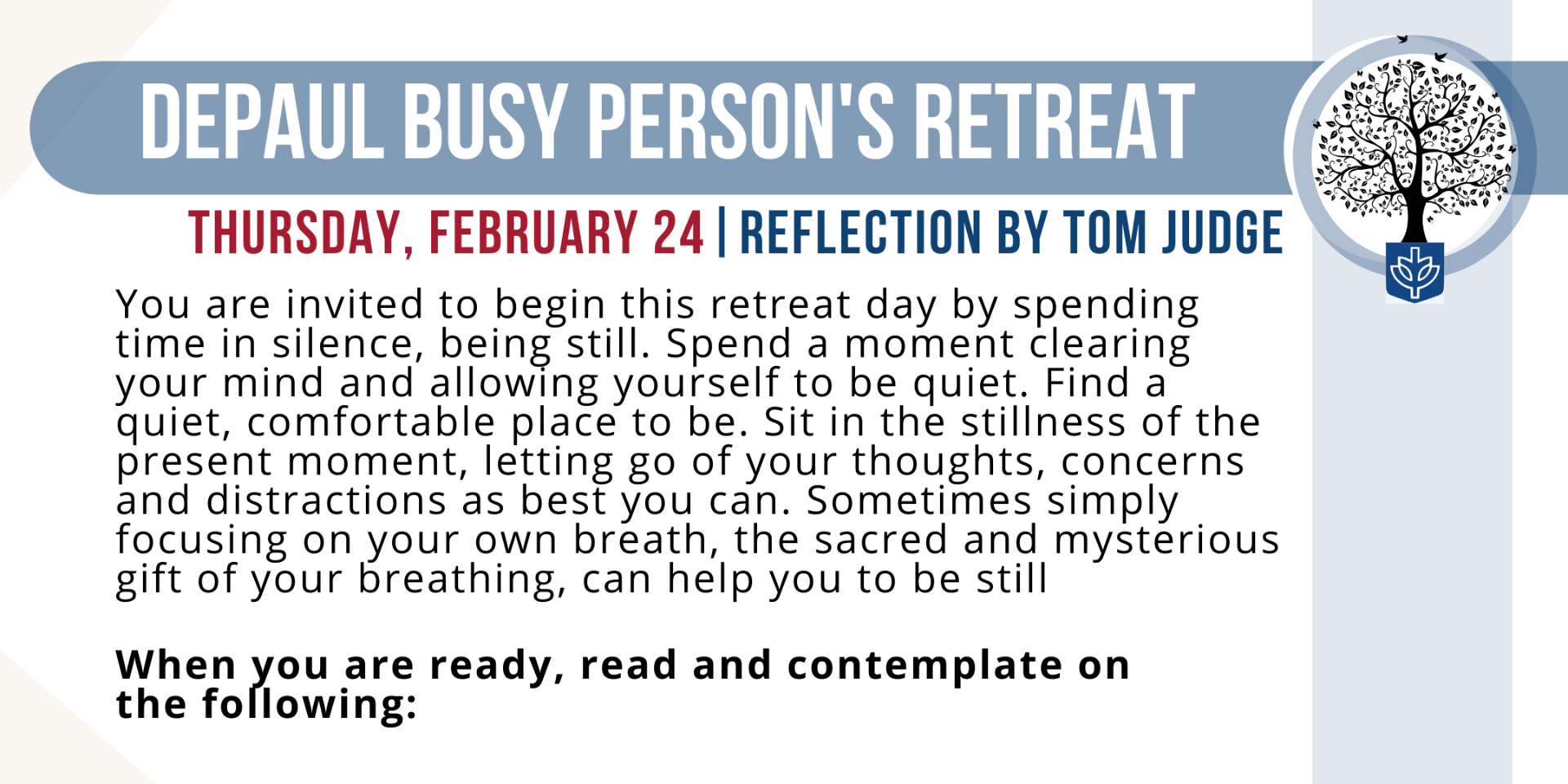

View or download an illustrated PDF version of this article here
Rest is to work what harmony is to melody. They complement each other and when the two come together, the results can be beautiful. The human need to cease working and relax has been proclaimed by world religions, extolled by poets, and legislated by governing bodies. Children have rest periods in school, highways have rest stops for travelers, and the faithful have eternal rest after lives well lived. Rest has many well-documented health benefits [1] and, for the good of our minds, bodies and spirits, it is essential.
However, getting the rest we need is not always easy and is not as simple as just getting a good night’s sleep. Recently, attention has been paid to something called the seven different types of rest.[2] The idea being that we need multiple ways of taking a break from our daily labors and renewing our energy. These seven different types of rest are probably not surprising to anyone and include the following dimensions: Physical, Mental, Emotional, Social, Sensory, Creative and Spiritual. Being mindful of these different areas of our lives and the need that each has for the restorative effects of rest is a step towards health and wellness.
For physical rest, of course, getting good sleep is important. So, too, is regular exercise. But, also beneficial are simple things like stretching in our chairs and getting up from our desks to walk around for a few moments every half hour or so. With mental rest, we can use a similar approach by taking long stretches of time away from work when possible as well as scheduling in short breaks during our workdays to do things like scroll through the news or entertain ourselves with a few quick Youtube videos. Emotional rest can be challenging due to the self-awareness and vulnerability it demands. However, when we are able to do things like minimize our negative self-talk or comparing ourselves to others, the emotional relief is real. Social rest may involve intentionally being with people with whom we can be our total and authentic selves; where energy is actually gained when we are together. Sensory rest may often go overlooked but involves being aware of what sensory input exhausts us and then mitigating it. Limiting our screen time or turning down the noise that constantly distracts us are ways to gain sensory rest. Creative rest engages our imagination and allows new thoughts a chance to breathe. An art project or journaling time are simple examples. Finally, spiritual rest involves connecting with something transcendent; something bigger than ourselves that helps to give us meaning. Prayer, meditation and community service are some examples of this.
I think Vincent de Paul and Louise de Marillac would have appreciated the wisdom behind these seven different kinds of rest. They understood that repose and renewal of all types were essential for themselves and their communities. Prayer and meditation were regular parts of their days and they both frequently urged their community members to take good care of themselves, work a little less and adopt healthy habits that leant themselves to balanced lifestyles[3]. Vincent insisted that his missionaries take the months of July, August and September off from heavy labor and travel in order to “catch our breath and recoup a little energy.”[4] And, on a more personal level, Vincent is known to have taken Thursdays off from his heavy workload. Moreover, Louise is known to have loved and appreciated art, perhaps for the restorative effects it had on her spiritual and creative energies.
Rest is indeed a valuable, normal part of our day-to-day human journey albeit something we may overlook at times. Whether for its health and wellness benefits or because it is fundamental to our Vincentian identity, let us honor the role of rest and its restorative powers in our lives.
Pause for Reflection:
Briefly review the seven types of rest mentioned above. Without putting too much time and effort in, which ones strike you as needing attention in your life? After identifying these, is there something(s) you can do to give yourself a bit more rest in these areas?
If you wish to take more time exploring your rest-needs, feel free to take this free Rest Quiz: https://www.restquiz.com/quiz/rest-quiz-test/#quiz
What are actions that make you feel rested, renewed or rejuvenated? Can you make a plan to do a few of these in the near future?
Reflect back on the first 3 days of the Busy Person’s Retreat. What wisdom or gift from them do you wish to take with you?
[1] https://integrisok.com/resources/on-your-health/2021/april/why-its-important-to-allow-yourself-to-rest
[2] Dalton-Smith, Saundra. Sacred Rest: Recover Your Life, Renew Your Energy, Restore Your Sanity. Faith Words, 2019.
[3] Blessed be God that your health is better! Take care of yourself for the love of God and reflect that one way to do this is to remain cheerful by conforming yourself completely to the holy will of God and not worrying about anything. State your needs very simply and do not be upset that your illness makes you useless. Louise de Marillac (Volume: | Page#: 56) added on 6/2/2012; I ask you once again to work a little less and take care of yourself. Vincent de Paul (Volume: 5 | Page#: 506) To Edme Jolly, 7 January, 1656 added on 6/28/201
[4] Now, you know that our missions come to a halt during these three months of July, August, and September, which we set aside to catch our breath and recoup a little energy. Vincent de Paul (Volume: 8 | Page#: 39) To Edme Jolly, 18 July, 1659 added on 6/28/2011